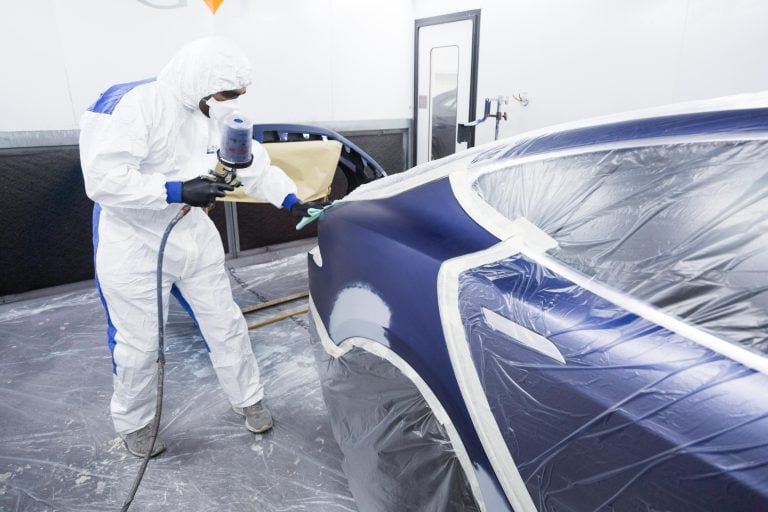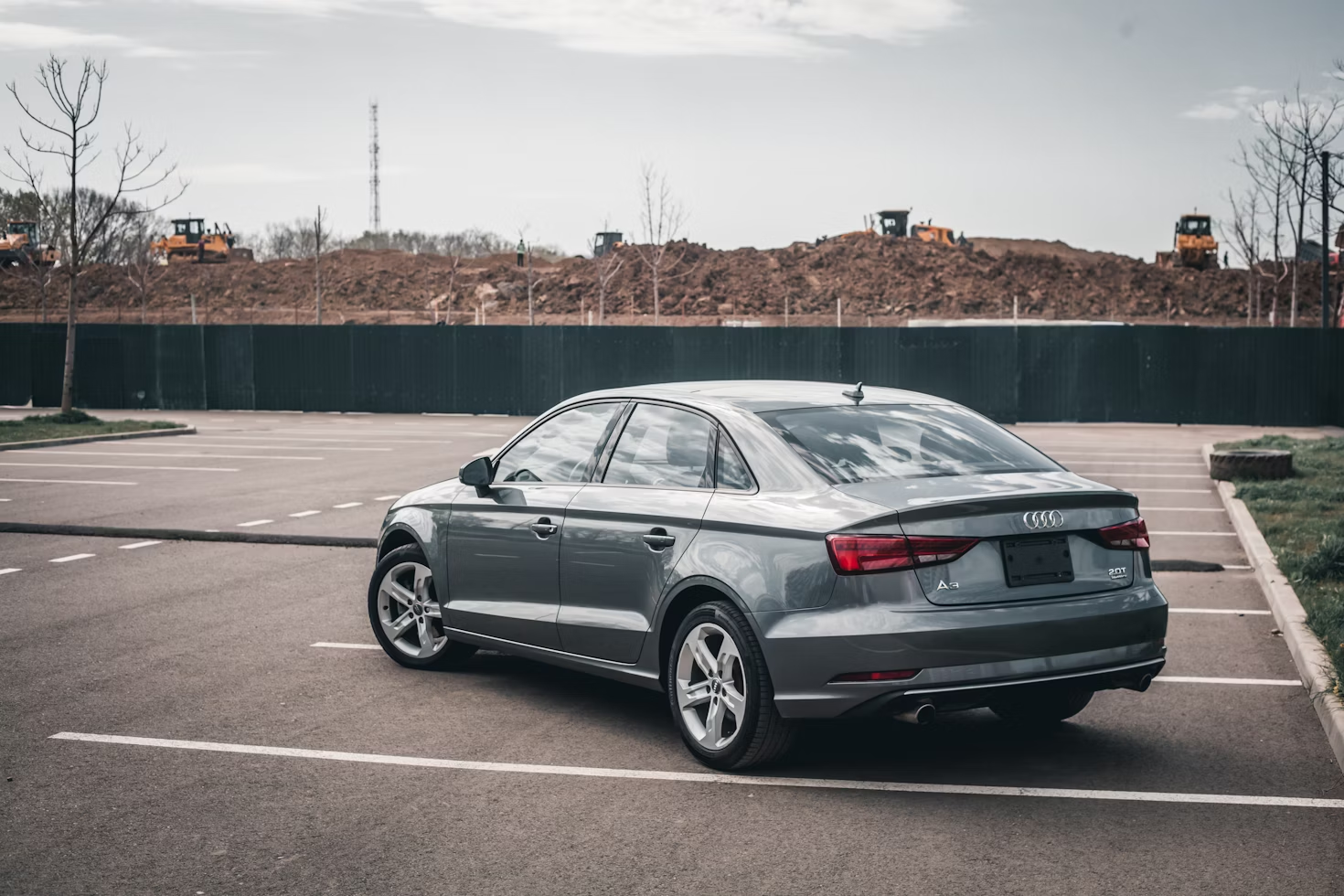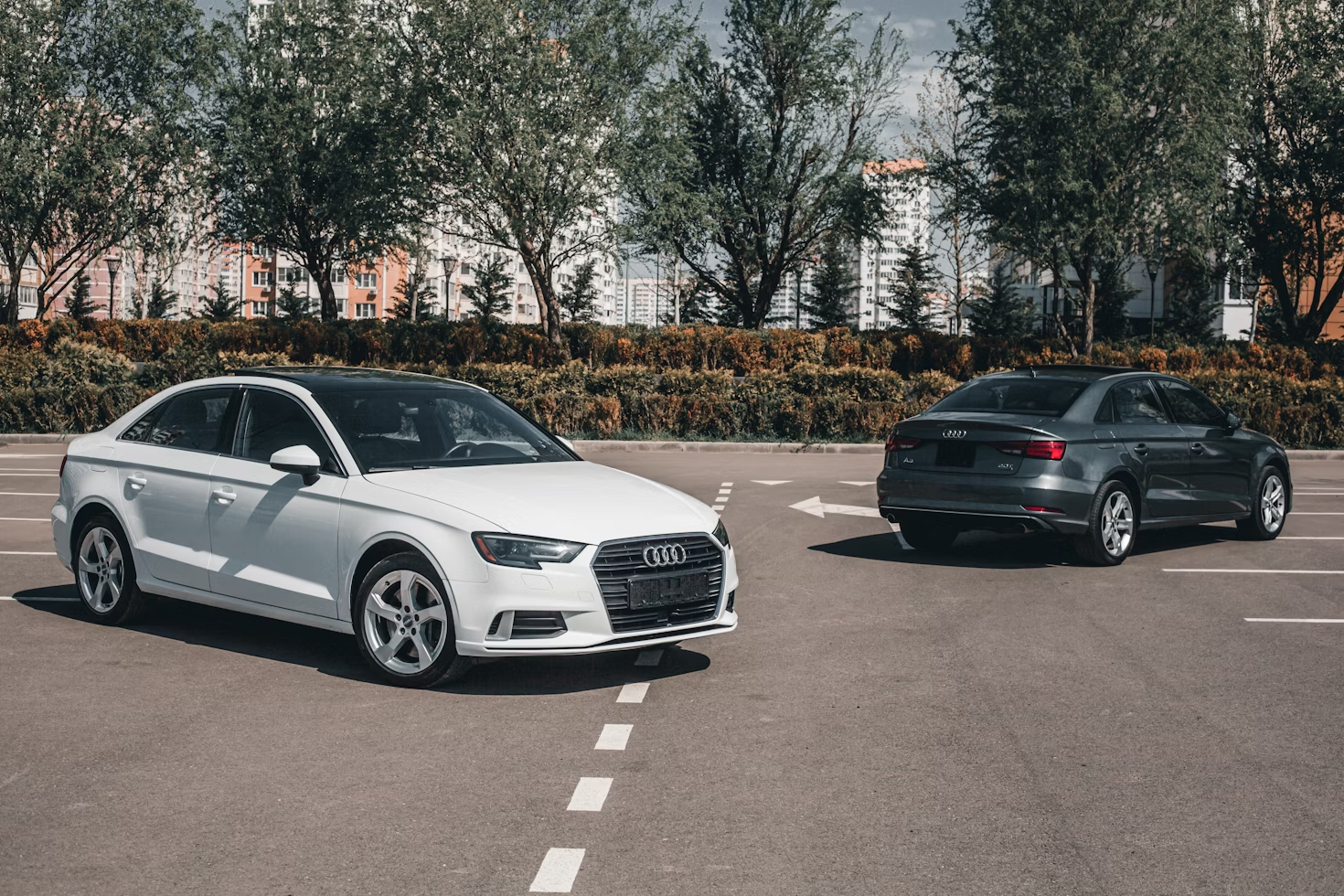- Showroom Case Studies
What You Should Know to Prepare Your Luxury Car for Customs Clearance | GVE London – Blog
Exporting luxury cars from the UK? Learn how to ace customs clearance, avoid fines, and protect your supercar with expert tips from GVE London.
Getting customs clearance is an objective procedure. You do some paperwork here and there, and voila, you’ve got it. However, it certainly feels a lot more like winning to lottery, considering, usually, how cumbersome it is. In today’s blog, let us talk about all you need to know in order to get clearance on the first go. After all, hiccups here result in massive fines or delays,
Customs Clearance Isn’t Just a Form
Think about customs clearance like a checklist. Every item left unchecked results in delays or potential fines. When it comes to luxury car exports, the rules are stricter and fines higher.
Say, you’re exporting cars from the UK. In that case, your vehicles must meet the requirements set forth by the destination country’s import laws. These often include, but aren’t limited to, emissions standards, ownership proof, and declarations of value.
The UK’s HMRC also expects a proper export declaration via CHIEF or CDS, especially for high-value vehicles. If your documents aren’t in order or values appear misreported, customs can detain your car or flag it for further review.
Always double-check your export paperwork before the car leaves your hands.
Know the Destination Country’s Rules on Customs & Tariffs
Every country treats imported luxury vehicles differently. Some will tax you based on engine size. Others will look at vehicle age, emissions output, or market value.
For example:
1. India applies duties of up to 125% on imported luxury cars.
2. New Zealand has strict biosecurity inspections; even dust or leaves in the wheel arches can cause issues.
3. The United Arab Emirates often expects GCC specifications for luxury models to avoid registration problems.
So, before you even book the ship or plane, make sure you understand the customs & tariffs for that region. Work with an experienced customs agent or freight forwarder who specialises in Luxury Car export, as they’re worth their weight in gold when something unexpected pops up.
Read Also: Left-Hand vs Right-Hand Drive: What to Consider When Importing from the UK
Supercar Mods? Declare Them
If your car has been modified in any way be it a lowered suspension, aftermarket exhaust, anything; declare it. You don’t want to hide it. While you might see it as an upgrade, customs officers might see it as non-compliant. Cars exported from a supercar showroom sometimes have bespoke finishes or tuned components that aren’t approved in certain countries. Keep receipts, photos, and invoices ready.
Insurance Is Not Optional
Things seldom give you a heads up before going wrong. And shipping a six-figure car without insurance? A little too risky, in our humble opinion. Transit insurance should cover everything from door to dock and, if its included in the policy, beyond.
Insurance isn’t only for when physical damage occurs. It also covers Port storage delays, handling errors, or accidental scratches during loading can all happen, especially with luxury cars. Don’t assume your regular motor policy covers export because chances are that it won’t.
Request marine cargo insurance that includes customs delays and foreign port coverage.
Choose Export Professionals Who Understand Supercars
Not all chefs can make gourmet food, and similarly not all freight handlers understand what it takes to really ship a luxury vehicle. They’re not equipped for it. So, look for ogistics company or export agent with experience working with cars from a supercar showroom. They should have procedures in place for handling high-value shipments.
Final Thoughts
When it comes to exporting cars from the UK, the process isn’t necessarily complicated, but it does demand attention. Customs clearance is where the small details matter. Create a checklist and ensure all the boxes are checked. If you need assistance, give us a call here at GVE London. We’re a supercar showroom that specialises in exporting high-value vehcles.
Frequently Asked Questions
Yes. You must notify the DVLA that the car is being permanently exported. Failing to do this can result in road tax issues or future complications.
In most cases, yes, but make sure it’s insured for international export and that you’re not restricted by location-specific export regulations or bonded warehouse requirements.
They might not, but it’s still your responsibility to clear all outstanding finance before export. Shipping a car with unpaid finance is illegal and could lead to seizure or criminal investigation.
Contact Us
"*" indicates required fields
OUR SERVICES
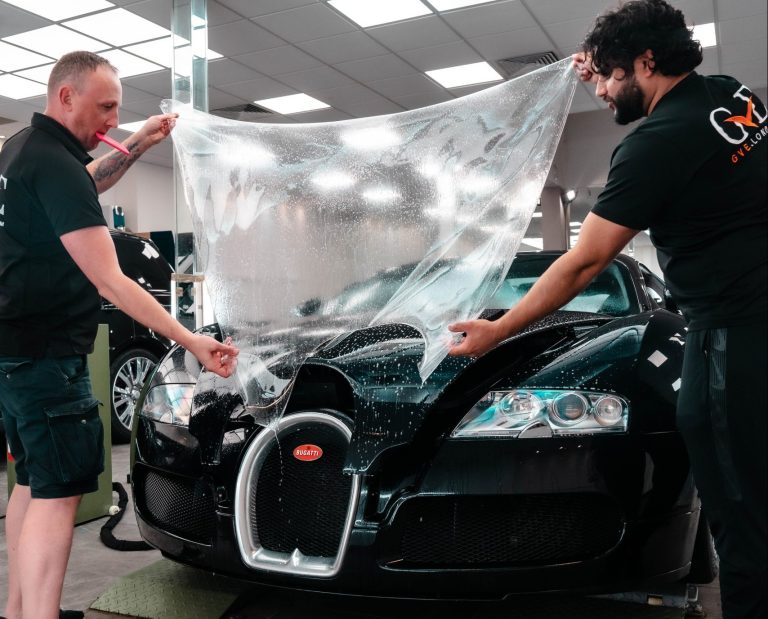
PAINT PROTECTION FILM
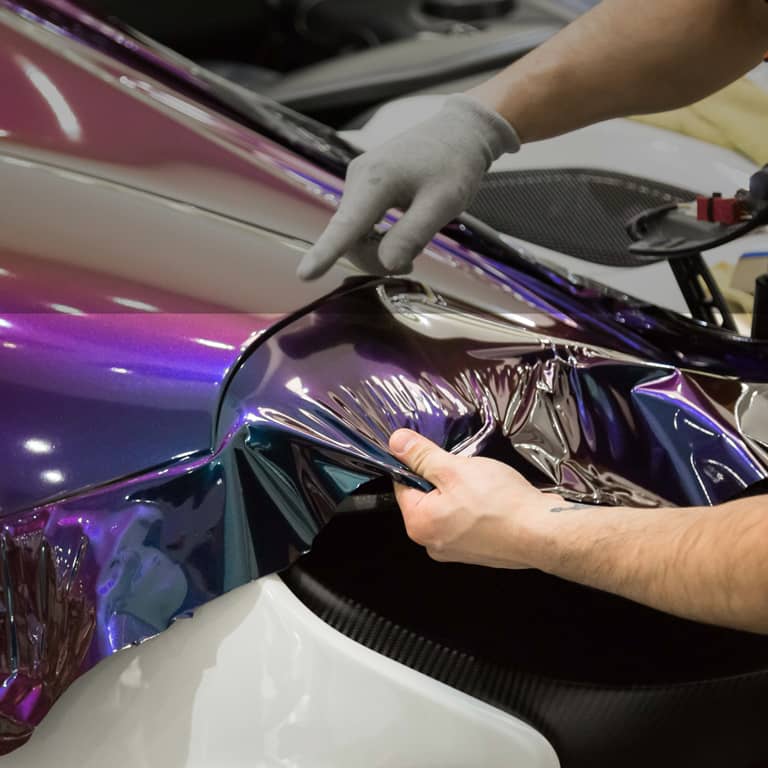
WRAPPING
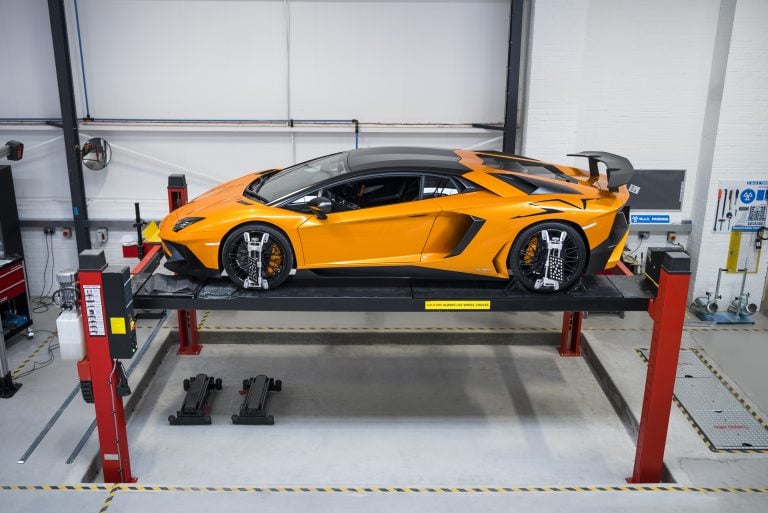
SERVICING
